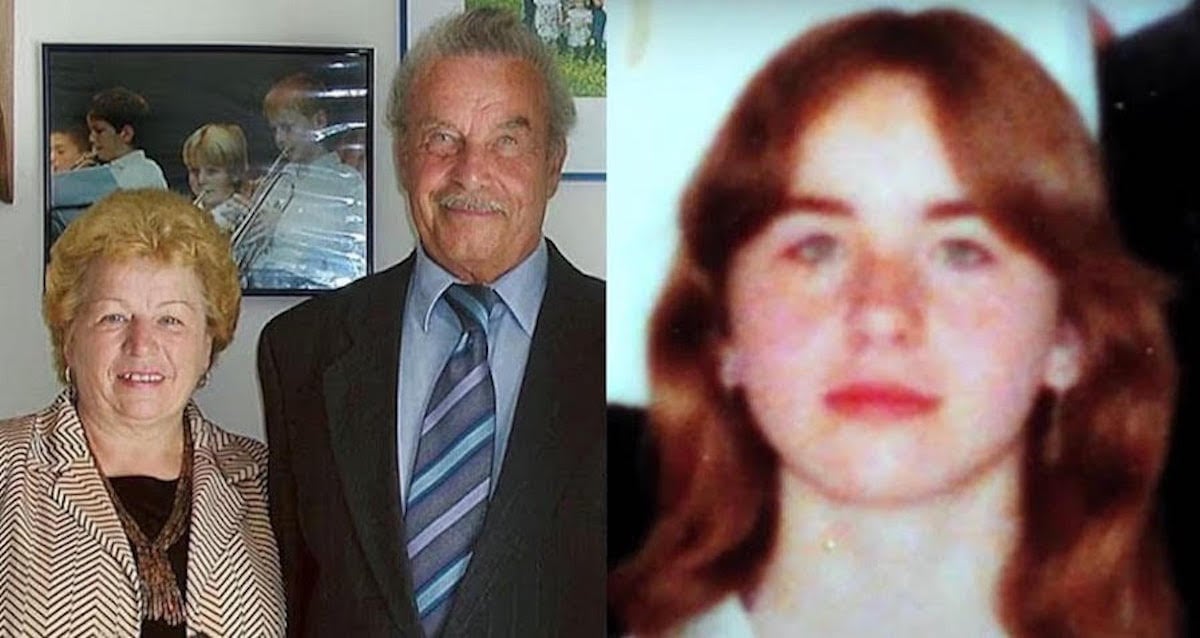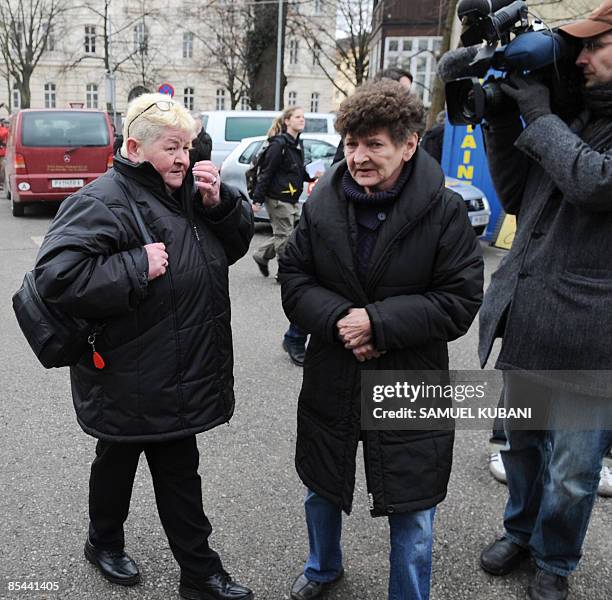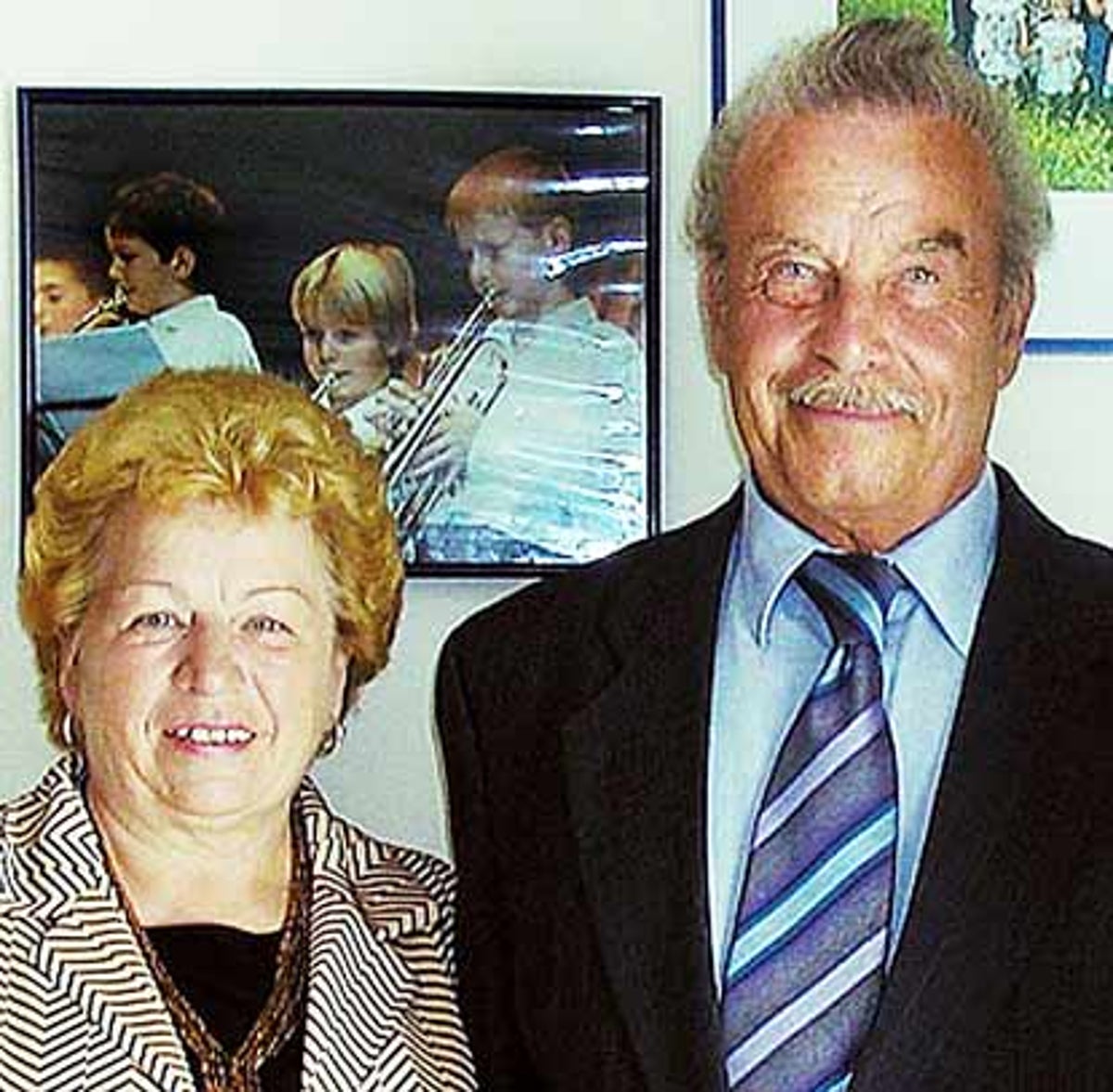When you hear the name Rosemarie Fritzl, it’s hard not to feel a mix of shock, sadness, and disbelief. This is a story that sent ripples across the globe, a tale of unimaginable suffering and resilience. Rosemarie Fritzl is not just a name; it’s a symbol of strength in the face of unimaginable adversity. Her story, though harrowing, has become a powerful reminder of the human spirit’s ability to endure and overcome even the darkest moments.
Rosemarie Fritzl’s story isn’t one you can skim through without feeling deeply moved. It’s the kind of story that makes you question humanity, but also marvel at the strength of those who survive such ordeals. Her journey from victim to survivor is nothing short of extraordinary, and it’s a story that needs to be told with care, sensitivity, and respect.
In this article, we’ll dive deep into the life of Rosemarie Fritzl, exploring her background, the shocking events that unfolded, and her journey toward healing and rebuilding her life. We’ll also touch on the broader implications of her case and what it means for society. So, let’s take a moment to reflect and learn from a story that has left an indelible mark on the world.
Table of Contents
- Biography of Rosemarie Fritzl
- Early Life and Family Background
- The Shocking Truth Unveiled
- Life in Captivity
- Escape and Freedom
- Impact on Society
- Healing and Recovery
- Lessons Learned
- The Importance of a Support System
- Future Hopes and Dreams
Biography of Rosemarie Fritzl
Basic Information
Rosemarie Fritzl, born on February 21, 1974, in Amstetten, Austria, is a survivor of one of the most shocking cases of abuse and captivity in modern history. Below is a brief overview of her personal details:
| Full Name | Rosemarie Fritzl |
|---|---|
| Date of Birth | February 21, 1974 |
| Place of Birth | Amstetten, Austria |
| Occupation | Former Prisoner, Survivor Advocate |
| Known For | Surviving 24 years of captivity and abuse |
Rosemarie’s life took a tragic turn when she was abducted by her own father, Josef Fritzl, at the age of 18. Her story has since become a symbol of resilience and strength, inspiring countless others around the world.
Early Life and Family Background
Rosemarie Fritzl grew up in a seemingly ordinary Austrian family. Little did anyone know that beneath the surface lay a dark and twisted reality. Her father, Josef Fritzl, appeared to be a respected member of the community, but behind closed doors, he harbored sinister intentions.
As a child, Rosemarie lived with her parents and siblings in Amstetten, a small town in Austria. Her early years were filled with typical childhood experiences—school, friends, and family gatherings. However, everything changed on April 18, 1984, when Josef Fritzl orchestrated a fake burglary and abducted his own daughter, locking her away in a specially built basement.
The Shocking Truth Unveiled
For 24 years, Rosemarie was held captive in a hidden basement beneath her family home. During this time, she endured unimaginable horrors, including repeated sexual assaults and psychological abuse. Josef Fritzl fathered seven children with her, three of whom were raised alongside her siblings, completely unaware of her existence.
In 2008, the world was shocked to learn the truth when one of Rosemarie’s daughters fell ill and was taken to the hospital. It was there that medical staff discovered the girl’s DNA matched Josef Fritzl’s, leading to an investigation that uncovered the horrifying reality of Rosemarie’s captivity.
Life in Captivity
Conditions in the Basement
Rosemarie’s prison was a small, windowless basement equipped with basic amenities. Despite the lack of sunlight and human interaction, she managed to create a semblance of normalcy for herself and her children. She taught them how to read and write, instilling in them a sense of hope and resilience.
Life in captivity was a daily struggle. Rosemarie faced immense challenges, from physical abuse to the emotional toll of raising children in such dire circumstances. Yet, she never lost sight of her goal—to one day escape and give her children the life they deserved.
Escape and Freedom
Rosemarie’s moment of freedom came in 2008 when her daughter’s illness led to the discovery of her captivity. The authorities intervened, and Josef Fritzl was arrested, bringing an end to decades of suffering. Rosemarie and her children were finally free to rebuild their lives.
This newfound freedom, however, came with its own set of challenges. Adjusting to life outside the basement was a daunting task, but with the help of a dedicated support system, Rosemarie began the long journey toward healing.
Impact on Society
Rosemarie Fritzl’s story had a profound impact on society, sparking widespread outrage and calls for reform. It highlighted the importance of addressing issues such as domestic violence, child abuse, and mental health. Governments and organizations around the world took notice, implementing measures to prevent similar tragedies from occurring in the future.
Her case also brought attention to the need for better support systems for survivors of abuse. It underscored the importance of providing resources and services to help individuals heal and rebuild their lives.
Healing and Recovery
Recovery from such a traumatic experience is no small feat. Rosemarie sought the help of therapists and support groups to process her emotions and regain her sense of self. She also focused on rebuilding relationships with her children, ensuring they received the love and care they deserved.
Bullet points on the healing process:
- Seeking professional counseling
- Building a strong support network
- Focusing on self-care and mental health
- Reconnecting with family and friends
Lessons Learned
Rosemarie Fritzl’s story teaches us valuable lessons about resilience, strength, and the importance of speaking out against abuse. It reminds us that even in the darkest moments, there is hope for a better future.
Some key takeaways include:
- The power of resilience in overcoming adversity
- The importance of addressing and preventing domestic violence
- The need for comprehensive support systems for survivors
The Importance of a Support System
A strong support system is crucial for anyone recovering from trauma. For Rosemarie, having access to therapists, support groups, and compassionate individuals made all the difference in her journey toward healing. It’s a reminder that we all have a role to play in supporting those who have experienced abuse.
Organizations such as the National Domestic Violence Hotline and local shelters provide vital resources for survivors. By raising awareness and advocating for change, we can help prevent future tragedies and ensure that survivors receive the support they need.
Future Hopes and Dreams
Despite everything she has endured, Rosemarie Fritzl remains hopeful for the future. She dreams of a world where no one has to experience the horrors she faced and where survivors are given the tools they need to thrive.
Her story continues to inspire others to speak out and seek help. Rosemarie’s courage serves as a beacon of hope, reminding us that even in the face of unimaginable adversity, there is always a path forward.
Conclusion
Rosemarie Fritzl’s story is one of resilience, strength, and hope. From the depths of despair, she emerged as a symbol of survival and inspiration. Her journey reminds us of the importance of addressing issues such as domestic violence and child abuse and the need for comprehensive support systems for survivors.
We invite you to share this article, leave a comment, or explore other stories on our site. Together, we can make a difference in the lives of those who have experienced trauma and work toward a brighter, safer future for all.


